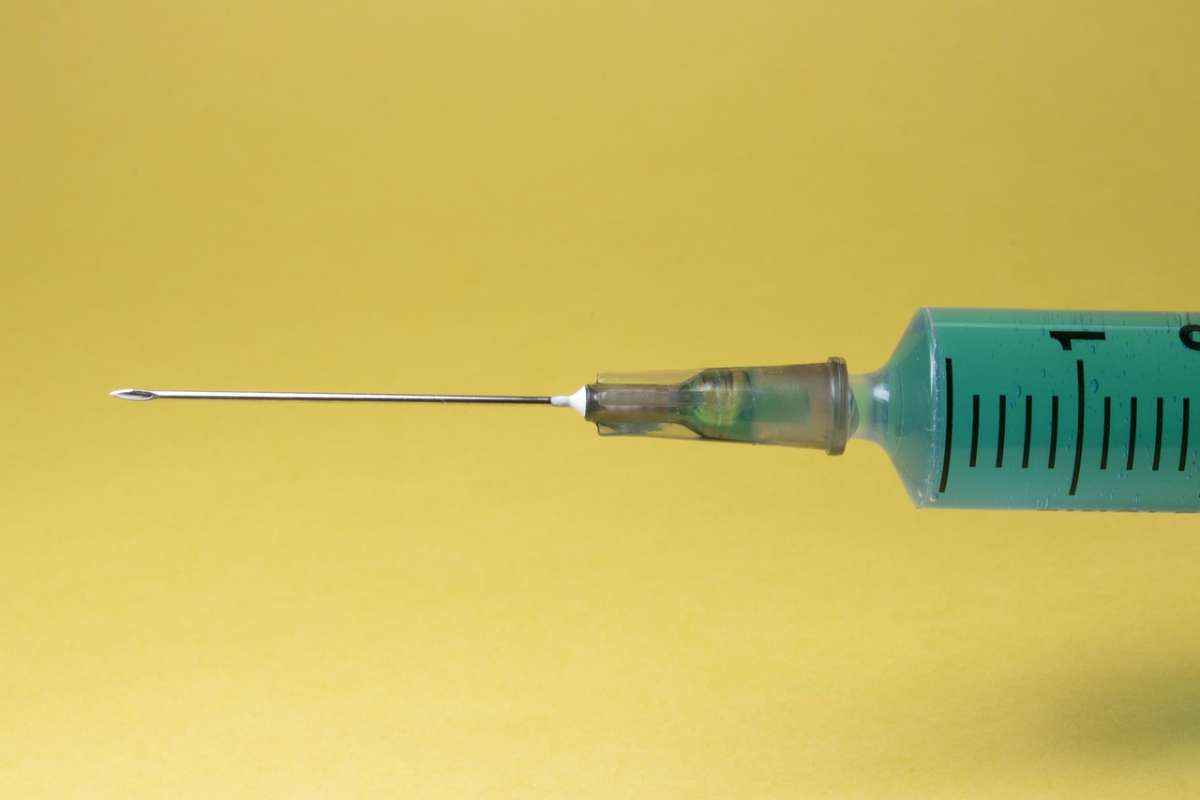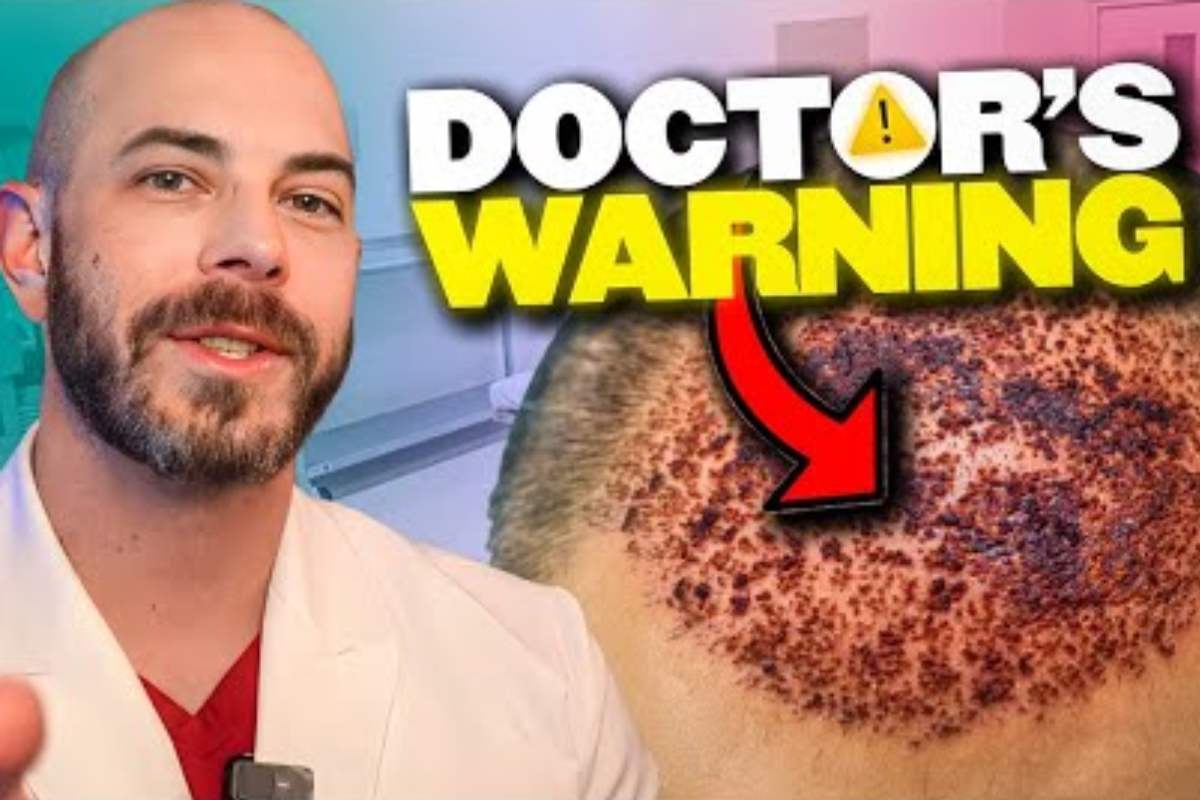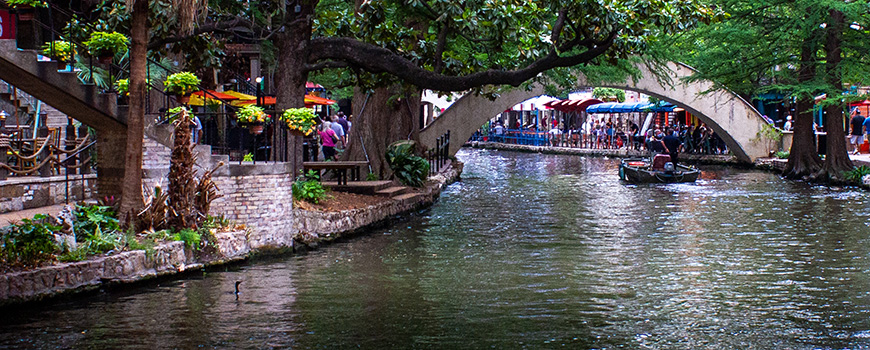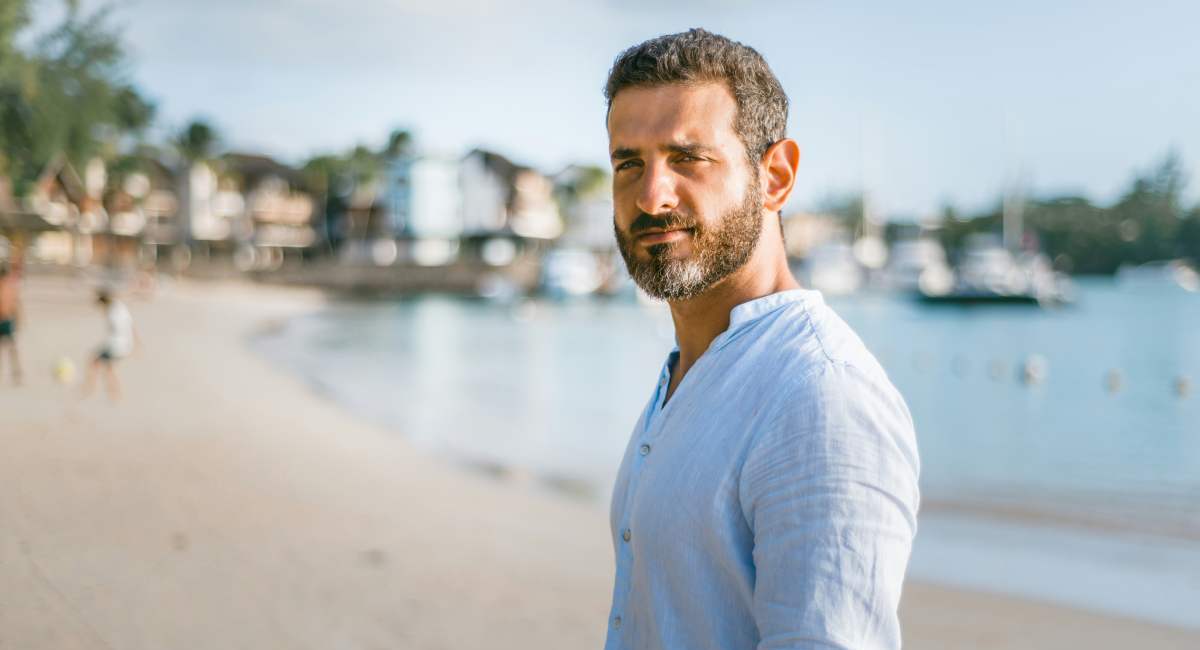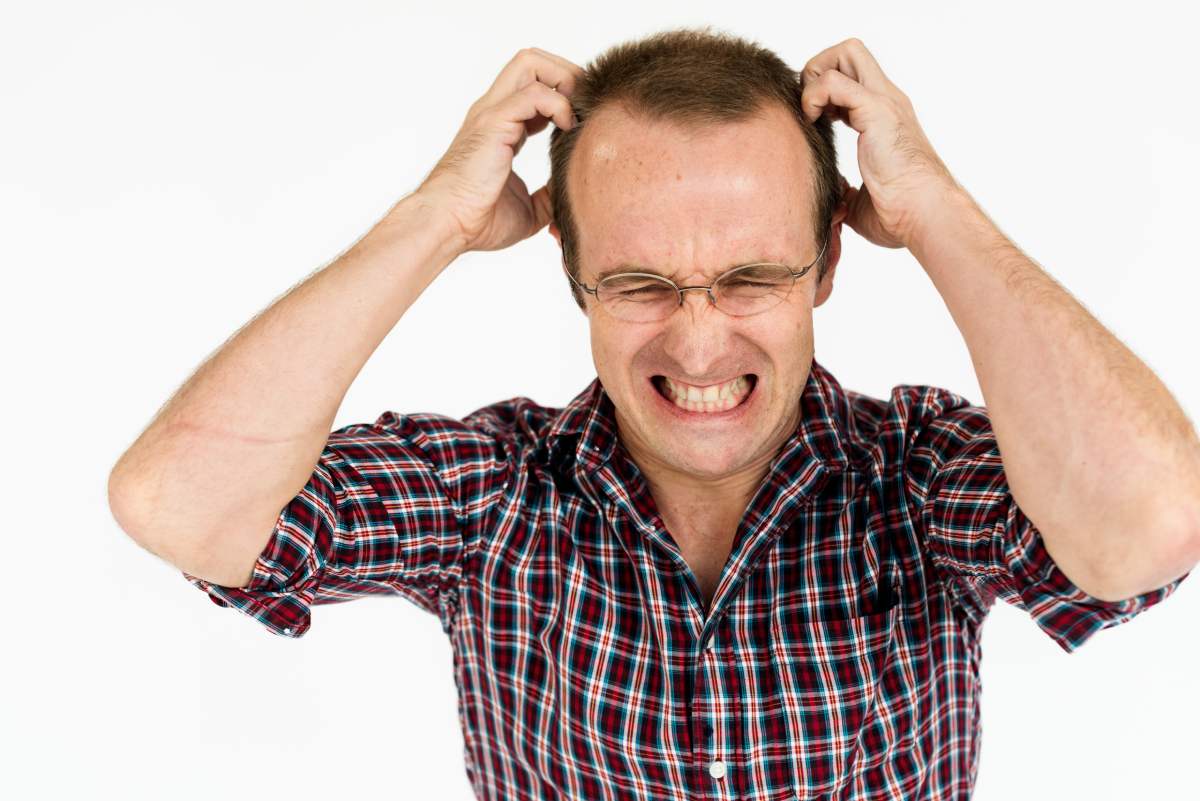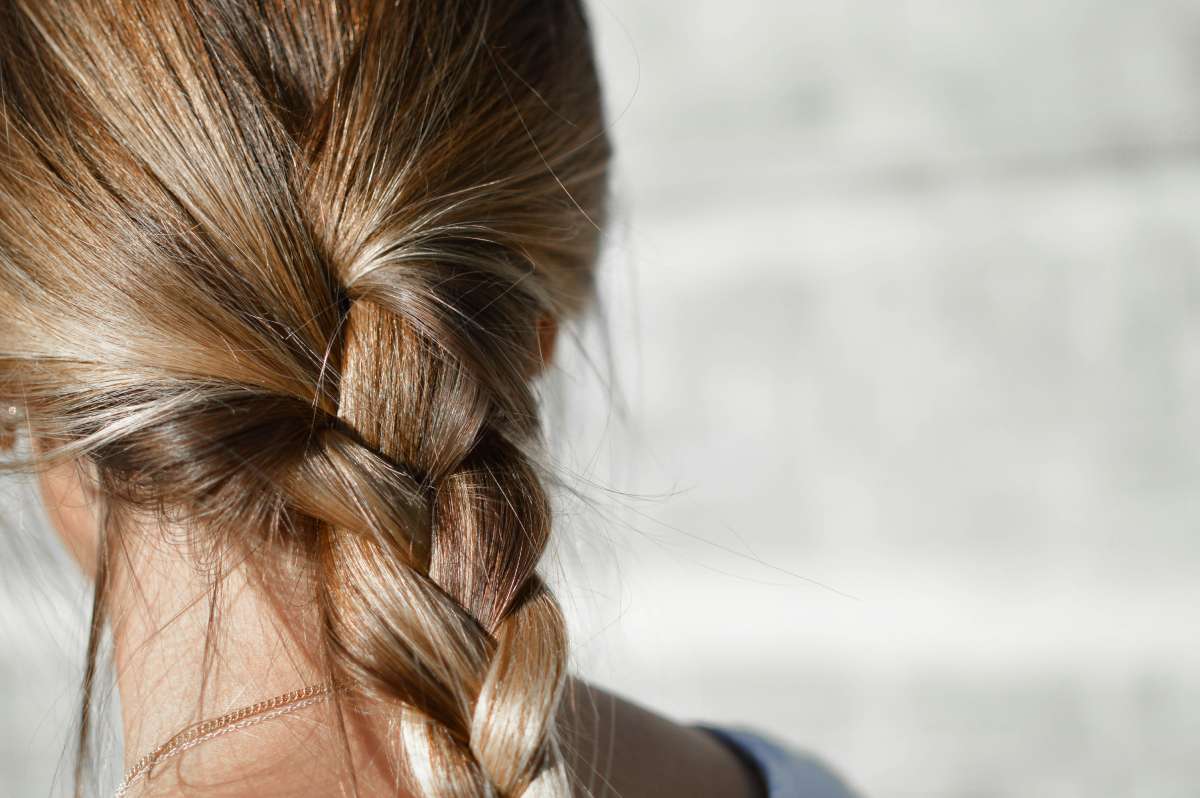Could the water you’re using be having a negative affect on your hair? Depending on the type of water you’re using in your home, there could be a chance that overly hard water is causing your hair to become more damaged.
Before we can understand what is happening to your hair when rinsing it with hard water, we must first take a look at exactly what hard water is.
What is Hard Water?
When discussing whether water is “hard” or “soft” we’re not talking about the physical feel of the water, we’re talking about the minerals contained within the water.
Most water is put through a treatment system which helps to filter out any bad chemicals and impurities, but the water is also injected with other elements to help make sure that it’s clean and safe for drinking.
Chemicals like chlorine and chloramine are commonly used to help kill any waterborne pathogens: bacteria, viruses, and other germs that may cause a person to get sick. Fluoride may also be added to drinking water to help prevent tooth decay. Fluoride helps build enamel which protects our teeth from the acids formed by the sugars we eat and the bacteria to grow in the mouth. In fact, the dramatic decline in tooth decay in the last 75 years of fluoridation of US water supply led the CDC to name it as one of the 10 great public health achievements of the 20th century! So some minerals in our water are very helpful.
While adding chemicals and minerals to our drinking water may seem like an unhealthy practice, these elements are regulated and determined to be safe for human consumption in the levels provided. And whether you agree with the water treatment process or not, the germs and contaminants that you would encounter without these treatment processes would make you way sicker. Remember cholera and typhoid? These are diseases we only read about in the history books due to the clean water act of 1972.
So, what does this have to do with hard water?
Whether your water is hard or soft is determined by the minerals found in the water and the mineral content is the result of the rock or soil that the water passes through before it enters our water supply. For example, here in San Antonio where the Limmer Hair Transplant Center is located, our ground is a rocky hard basin of limestone, so the water supply is very “hard” because it’s full of calcium that comes from the limestone. It has nothing to do with chemicals. This is a common misunderstanding when people are talking about hard and soft water.
Hard water means that your water has higher levels of minerals like magnesium, calcium that form compounds known as sulfates, and carbonates. This can lead to a different taste in your water as well as differences in the way your water reacts to things like shampoo and soap.
85% of United States homes have higher levels of calcium and magnesium in their water, which means that the majority of homes in this country have hard water.
Thankfully there are no serious negative health problems associated with hard water, but it does leave that white residue you see on your dishes (a.k.a. limescale) and it may be affecting your hair in negative ways. By the way, in case you didn’t figure it out already limescale has nothing to do with limes, it’s actually calcium hydroxide or calcium mixed with oxygen and hydrogen atoms coming from things like “limestone.”
How Hard Water Affects Our Hair
We know that drinking hard water won’t have any ill effects on our bodies but washing your hair everyday with it may be the cause of certain hair problems.
The main problem with hard water and your hair is that it can make it feel more brittle or dry and it doesn’t allow for shampoos and conditioners to lather as well. This can make your hair harder to style or keep shape and can also lead to your hair color becoming less vibrant over time.
Hard water tends to have a drying, lusterless effect on your hair and skin as the residue of minerals build up on your scalp (kind of like those cloudy dishes). Patients worry that this build up can lead to the clogging of your follicles and interfere with hair growth but it probably does more to harm the texture and style-ability of your hair rather than the actual growth.
Overly dry scalp can be itchy scalp and possibly hair thinning over time. Thankfully, if it is determined to be caused by hard water, the thinning and itchiness can be resolved and should not result in any permanent damage.
In addition to the possibility of clogged follicles leading to hair thinning, hard water can also make your shampoo and conditioners less effective. You’ll start to notice that your hair has film to it and may seem like it’s not getting cleaned as well. This can happen because the shampoo can’t lather as well with harder water as it can with softer water, thus leading to more of a build up of minerals on your hair strands.
How To Prevent Hard Water from Affecting Hair
Thankfully there are ways to help with hard water damage on your hair. There are shampoos and pre-shampoos specifically designed to penetrate through the minerals in hard water. They will be labeled as “clarifying shampoos”, “anti-residue” or specifically “for hard water.” You can find them in a variety of price ranges and should be used intermittently- about once every week or two- to help remove the mineral build-up. This will then allow your normal shampoos to interact with your hair and scalp to provide better cleaning and moisturizing on the other days.
You can also add a water softening system to your home water if it’s really an issue.
Sometimes hard water is affecting skin and hair to the point where something needs to be done throughout the entire house. In this case you can purchase and install a water softening system that will help remove the calcium and magnesium from the water supply before it reaches the faucets and shower heads.
This is the best solution for the entire house if you really want to combat the negative effects of hard water on skin and hair.
While drinking hard water does not negatively affect our bodies, it can cause irritation to the scalp, which could cause hair thinning. However, the primary problem is the damage to the hair itself, leading to limp, lusterless hair that is harder to control and style, as well as color fading in hair that is dyed or colored.
Hard water isn’t always a bad thing, but it’s important to keep an eye on your hair if you suspect the hard water may be affecting it. If you do notice any of the issues mentioned above, using a pre-shampoo or products designed to cut through the minerals, is a great way to ensure your hair stays healthy.

